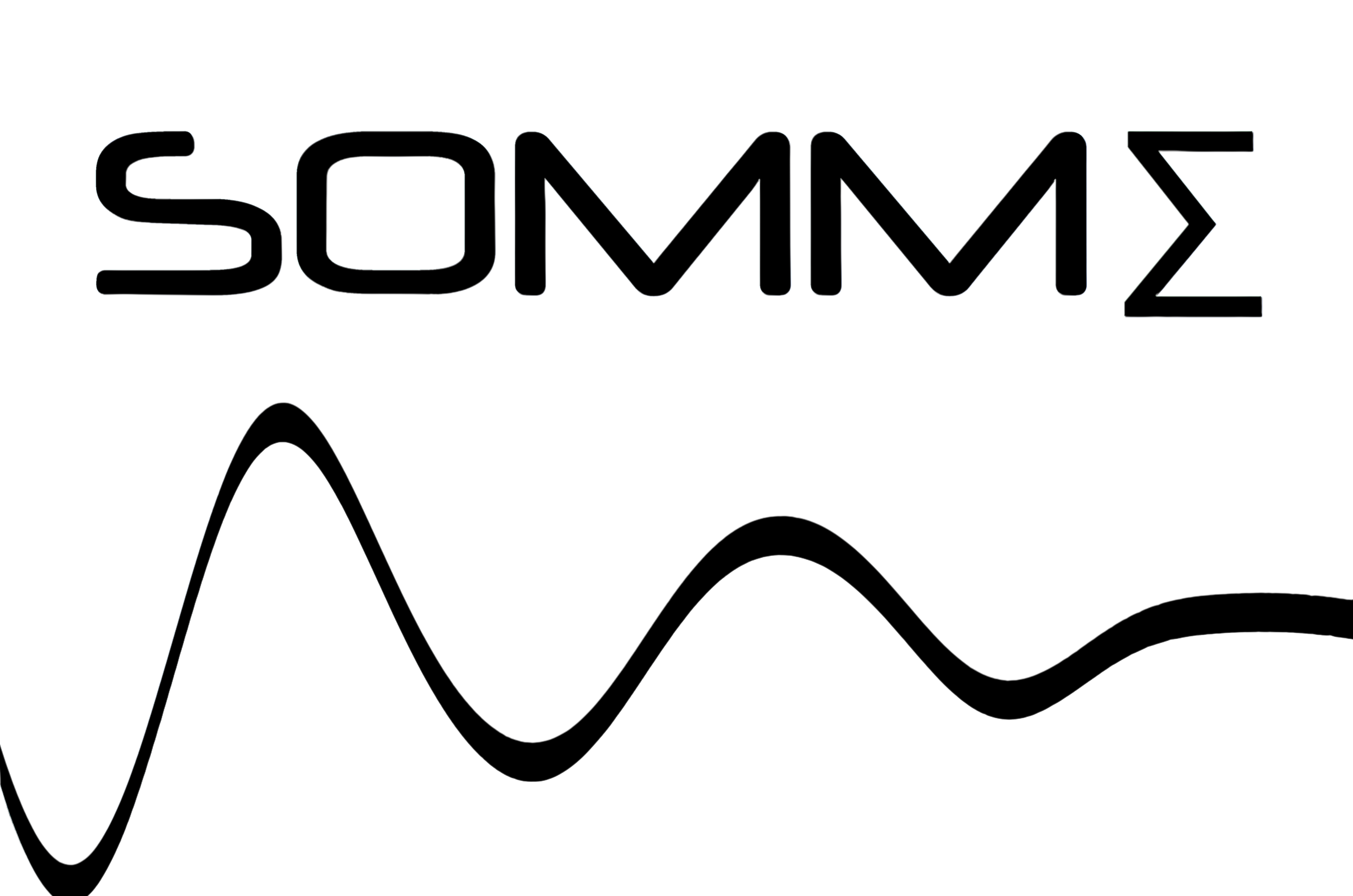Marine areas concentrate many human activities, including marine traffic, marine renewable energy, fishing, aquaculture, tourism, etc. The development of these activities increases pressure on marine ecosystems. The European Union’s “Marine Strategy Framework Directive” (MSFD), leads the member states to take measures to quantify and reduce the impacts of activities in order to achieve or maintain a good ecological state of these marine environments. This policy explicitly considers anthropogenic sounds as “underwater noise pollution”. Research has uncovered effects on marine wildlife related to anthropogenic sound production (mortality, hearing impairment, physiological responses, behavioural responses and masking).
In this context, SOMME provides its expertise in underwater acoustics and marine ecology, to assess the sound impact of human activities (marine renewable energy, extension of ports, etc.) and to limit the environmental risk generated.
SOMME intervenes in all phases of maritime projects (initial state, construction and operational phases) by providing services adapted to the work carried out and regulatory needs:
- Achievement of initial ecological (marine mammals) and acoustic (ambient noise) states;
- Bibliographic analysis and identification of species of interest;
- In situ measurement to characterize the soundscape and the noise generated by the project;
- Modeling and simulation of the sound propagation;
- Estimation of acoustic footprints of projects;
- Estimation of impact areas for the considered species;
- Proposition of mitigation measures (Avoidance, Reduction and Compensation);
- Drafting of impact studies;
- Definition of environmental monitoring protocols;
- Real-time monitoring of the noise generated (construction and operational phase).
